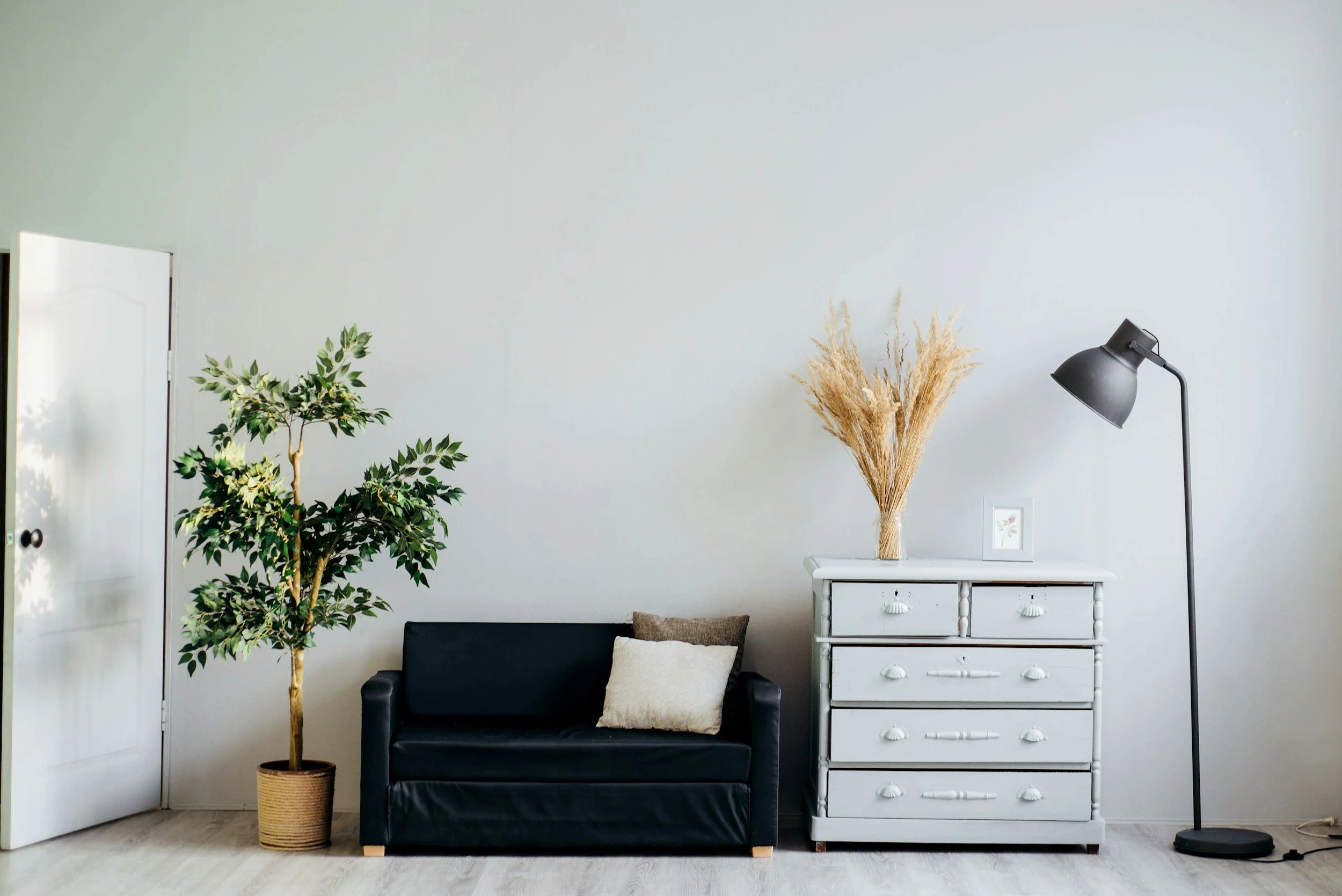Types of Home Insurance
Your home is likely your most valuable asset, so protecting it makes sense. Home insurance provides financial cover if something unexpected happens to your property or belongings. From fire and floods to burglary and accidents, the right policy can prevent a household emergency from becoming a financial crisis.
But with different types of cover available, it is important to understand the options and choose a policy that fits your needs.
What is Home Insurance?
Home insurance is a policy designed to protect both your property and the belongings inside it. By paying a regular premium, you gain financial cover if certain risks occur, such as fire, flood, theft, or accidental damage. Depending on the policy, the insurer may cover repair costs, replacements, or even a full rebuild of your home if necessary. The level of cover varies depending on the type of policy and any optional extras you choose.
Main Types of Home Insurance
1. Buildings Insurance
Buildings insurance covers the structure of your home - the walls, roof, floors, and permanent fixtures such as fitted kitchens or bathrooms. It protects you against risks like fire, storm damage, subsidence, flooding, or vandalism.
If your home was destroyed, buildings insurance would likely pay for it to be rebuilt. Most mortgage lenders require you to have this type of cover in place as a condition of the loan.
2. Contents Insurance
Contents insurance protects the items inside your home, from furniture and appliances to clothes, jewellery, and gadgets. If your belongings are stolen or damaged by risks such as fire or water leaks, contents cover helps you replace them.
A good way to think about it is: if you turned your home upside down, anything that would fall out is classed as contents.
3. Combined Buildings and Contents Insurance
Many insurers offer combined policies that cover both your building and your belongings. This can be a cost-effective option and simpler to manage than holding two separate policies.
Optional Add-Ons and Extras
Depending on the provider, you can often enhance your home insurance with additional cover, such as:
Accidental Damage Cover – protection for unintentional mishaps, like spilling paint on the carpet or breaking a window.
Personal Possessions Cover – extending contents insurance to items you take outside the home, such as phones, laptops, or bicycles.
Legal Expenses Cover – help with legal costs if you face a dispute as a homeowner.
Home Emergency Cover – support for urgent issues like boiler breakdowns, plumbing leaks, or electrical faults.
Why Home Insurance Matters
Without the right home insurance in place, the cost of repairing or replacing your house and personal possessions could be overwhelming. Even a relatively minor incident, such as a burst pipe, an electrical fire, or a burglary, can run into thousands of pounds worth of damage. More serious events like flooding, storm damage, or subsidence could leave you facing bills you simply could not manage without cover.
A comprehensive home insurance policy provides financial protection against these risks, helping you repair or rebuild your property and replace your belongings if the worst happens. It offers peace of mind that your savings will not be drained and that your family can remain secure. Home insurance is not just about meeting a lender’s requirement, it is about safeguarding your most valuable asset and everything inside it. By choosing suitable cover for buildings, contents, or both, you ensure that when unexpected events strike, your finances and your home are properly protected.
Common Misconceptions
“My landlord’s insurance covers me.” If you rent, your landlord’s policy usually only covers the building, not your possessions. You may still need contents insurance.
“I do not need it because nothing bad will happen.” Accidents and emergencies are unpredictable. Insurance is about preparing for the unexpected, not predicting it.
“All policies are the same.” Levels of cover vary widely, so it is important to check what is included and excluded.
Choosing the Right Policy
When selecting home insurance, consider:
The value of your property and belongings.
Whether you want buildings, contents, or both.
Any specific risks in your area, such as flooding.
Additional cover that might suit your lifestyle.
An adviser can help you compare policies, understand exclusions, and choose the right protection for your circumstances.
Frequently Asked Questions
Is home insurance compulsory?
Buildings insurance is usually required by mortgage lenders. Contents insurance is optional but strongly recommended.
How much cover do I need?
Your buildings cover should reflect the rebuild cost of your home, not its market value. For contents, add up the value of everything you own.
Can I insure valuable items separately?
Yes. High-value items like jewellery or artwork may be able to be added to your policy.
Does it cover wear and tear?
No, home insurance is for sudden and unexpected events, not general maintenance or ageing.
What if I work from home?
You may need to let your insurer know. Some policies cover basic home working, but business equipment or visitors may require additional cover.
In Summary
Home insurance is about protecting the place you live and the possessions you rely on every day. Whether you choose buildings cover, contents cover, or a combined policy, the right insurance helps you prepare for the unexpected and gives you confidence that your home and belongings are secure.


